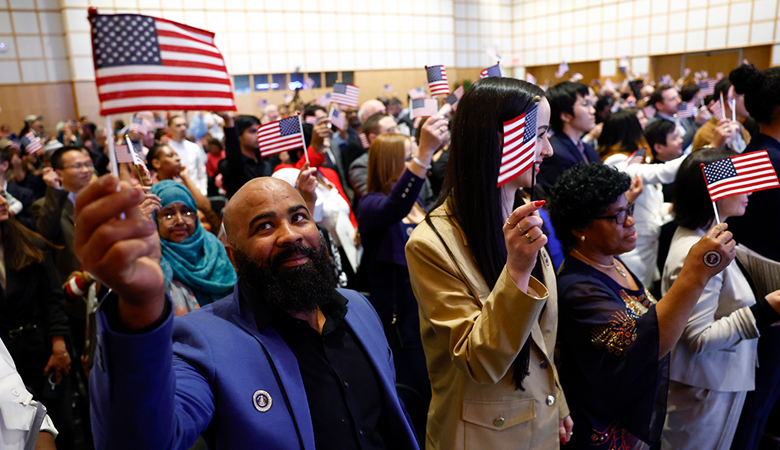Migrants face problems with legal status in US

News Mania / Piyal Chatterjee / 5th October 2024
The U.S. Department of Homeland Security said on Friday that the Biden administration will not be extending the temporary humanitarian entrance program for hundreds of thousands of migrants who entered in recent years with U.S. sponsors. Since October 2022, about 530,000 migrants from Cuba, Haiti, Nicaragua, and Venezuela have flown into the United States and been granted two-year grants under the “parole” program. These grants are about to expire in the following weeks.Many of those migrants, nevertheless, might be able to stay in the nation under different initiatives.
Under the parole program, immigrants who already have U.S. sponsors may enter the nation for humanitarian purposes or if it is believed that their presence will significantly benefit the public. It will keep taking fresh applications from people overseas.
The parole program was started by the administration of US President Joe Biden in an effort to reduce unauthorized border crossings and give migrants a legal pathway into the country. During Biden’s president, a record number of migrants were apprehended crossing the border illegally; however, when Biden implemented additional border controls, the number of crossings fell off.Voters will be focusing a lot on immigration in the Nov. 5 election, which will match Republican Donald Trump—who has criticized the parole program—against Democratic Vice President Kamala Harris.
According to a statement from DHS spokesman Naree Ketudat, the decision to not renew the parole program for the four nationalities was made in accordance with the plan that was laid forth when the program was first introduced.
Migrants without permission to remain in U.S. “will need to depart the United States prior to the expiration of their authorized parole period or may be placed in removal proceedings,” Ketudat said.
Additional parole initiatives for Afghans and Ukrainians have been prolonged.
There are ways for the majority of the four nationalities admitted via the so-called CHNV parole program to remain in the United States.The 1966 Cuban Adjustment Act grants many Cubans eligibility for citizenship and permanent residence.The majority of Venezuelans and Haitians living in the United States are qualified for Temporary Protected Status, which protects them from deportation and allows them to work.






